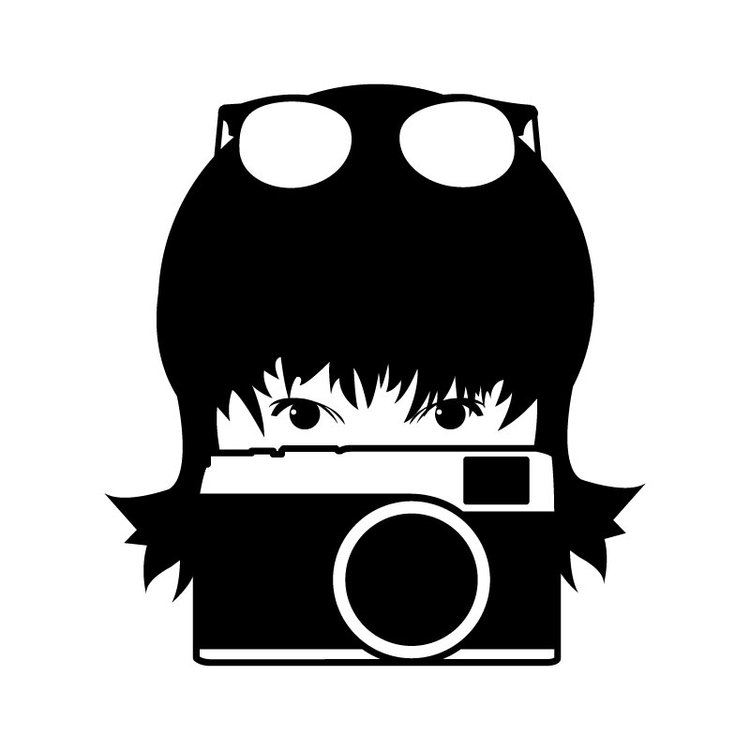Q: "I always love to hear/see you on TWIP as you're more about the art of photography and less into the gear. It makes for a lovely balanced show when you're on, so thank you for taking the time to be there. Today I would like to ask you a question:
Online I've read a lot about strict privacy laws regarding making photographs of strangers in public in France. Some of your photographs though suggest you're not always asking for permission. Would you please tell me what do you do when you have a great shot with strangers in front of you? Kindly, Michal"
A: "Hi Michal and thank you for listening to the TWIP podcast! I really enjoy guest-hosting and we have a great audience.
You're right, I don't ask permission to photograph people in candid situations in Paris or anywhere else in the world. Asking for permission would definitely ruin the moment... I do, however, interact with my subjects when I do street portraiture, which is also part of street photography. You must be referring to Article 9. The privacy laws in France are nothing new, they are non-punitive and they were mainly written to protect against paparazzi. It's fine to photograph people in the street as long as it doesn't harm them (as in ridiculing them, giving away trade secrets, etc.) Those laws are not what you would consider 'hard laws'. During my photo workshop in France or anywhere else in the world, I put a big emphasis on respect. I make a point to never photograph people in embarrassing or vulnerable situations and I only use my street images for fine art or editorial purposes. I do not sell image to stock agencies. They would not buy them without the proper model releases signed anyway, so people can be assured that they would not end up on a billboard for example. When photographing children I try to get permission from a parent by simply pointing to my camera. They usually answer with a nod. There is not doubt when a parents does not want their child to be photographed, it is clear in any language and everyone should respect their wish.
Fortunately, artistic freedom usually take precedence over the right of privacy and there is nothing to fear as long as the images are used properly and no obvious harm is done to the subject. Paris is actually one of the cities where I enjoy doing street photography the most. Whether it is candid or street portraits. When I interact with my subjects, before or after taking the picture, they are usually very friendly and flattered that I would find them interesting. It is common sense, however, to refrain from photographing the military and law enforcement in most countries.
It is our duty as street photographers to be respectful at all times. Everyone has the right to object to having their picture taken. Even if you are in your rights and on public property, would you feel good about taking a picture if you knew the subject was uncomfortable with it? If someone strongly objects to being photographed, no matter where you are, move on and respect their wish. Getting the shot is not worth hurting someone's feelings.
Street photography is a treasure and, in my opinion, it would be a great loss for future generations if we stopped recording life as it unfolds daily in the streets. We would be left with pictures from security or surveillance cameras... I think that would be very sad.
I hope this answers your question Michal.
Please leave a comment below, I would love to hear about your experience.
If you have a question that you would like to see answered on this blog, please use the contact form to send it. Thanks and I look forward to hearing from you!
Valerie
